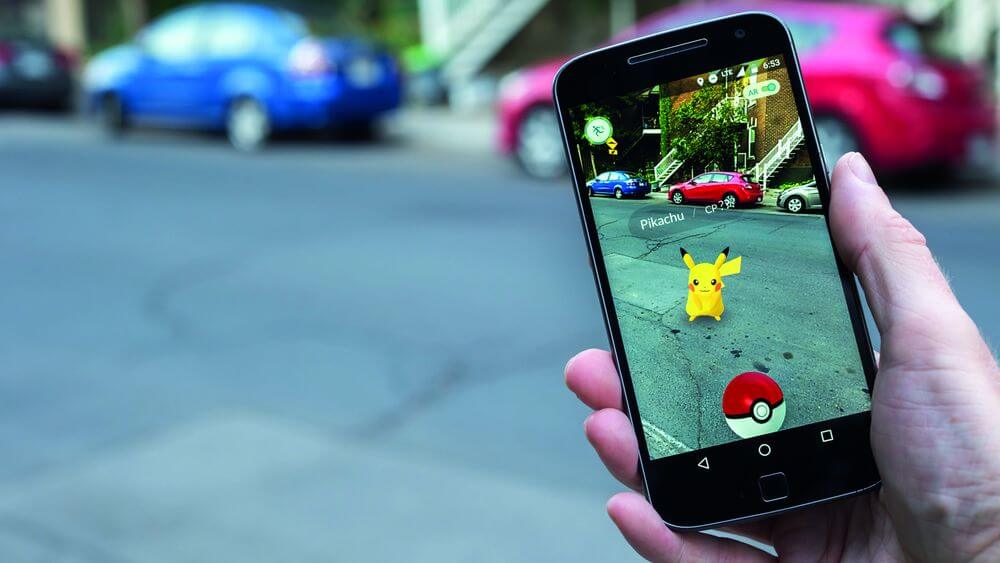What links the world’s first mobile phone call, made 50 years ago, to climate change? JOHN MACK answers that one…
WHEN Martin Cooper made the world’s first mobile phone call on Sixth Avenue in Manhattan on April 3, 1973, he would never have imagined a human stampede just a few blocks north — made possible solely because of the device in his hand.
The prototype Motorola which Cooper used to place that historic call looked very different to devices clutched by hundreds of people many years later, dashing into Central Park in hot pursuit of a virtual creature known as a Pokémon.

There’s no question that mobile technology has become a dominant force in our lives for the last half century, ensuring we are connected 24/7 with our friends, family and colleagues from wherever we are — not to mention the amount of information at our fingertips.
But has it, in the ultimate irony, disconnected us at the same time?
In some cases, the answer is a resounding “Yes”. Pokémon Go was brought to the world by Niantic Labs in 2016, and rapidly became the most popular mobile game of all time. Within just one month of its release, it was awarded no less than five Guinness World Records — and later earned over a billion dollars in revenue.
Pokémon Go uses augmented reality (AR) and location-based technology to project digital graphics over the real world. This allows the app to overlay Pokémon creatures at real geographic locations, prompting its users to follow the app’s famous motto: “Get up, get out, and explore” because “You gotta catch ‘em all.”
The stampede into Central Park in New York was one of many: there were similar scenes in Santa Monica and Taipei. The sight of thousands of people racing in pursuit of an imaginary creature might, on the surface, have little to do with humanity’s impact on the environment, but observed closely, it explains everything. By focusing on our screens, we are neglecting our real surroundings — and the effect could be catastrophic.
Mobile technology may have evolved into a smart device, but it hasn’t done the same for humans. To chase a Pokémon is to pursue a figment of a device’s “imagination”.
Sometimes it takes something like this to open our eyes. Higher awareness can quickly transform hilarity to concern. The behaviour of the people running through the streets of New York or Taipei is as unnatural as the goal they seek. The common denominator among participants is their shared programme — some strange validation of self, of accomplishment, of shared purpose.
The psychological hunt for illusory trophies reveals itself in the same manner. Self-validating collectables — success, power, beauty — are internal, virtual prizes; values which are figments of our imagination.
Social media works to augment our self-worth and the attainment of virtual remedies; in the pursuit to “catch ‘em all,” human nature has become a sideshow.
The more we are immersed in virtual constructs, the more we ignore Nature’s essence. Attention to the virtual is always one-directional, for a departure from the natural is an entry into the artificial.
With the rising tide of virtual universes in the Digital Age, it becomes clear humans are migrating from the natural to the artificial, from the real to the virtual, from man to machine.
Might the climate tipping-point run analogous to a tipping point for our humanity? When Nature is no longer part of the equation, it comes as no surprise that the natural world is treated without respect. Our outer divorce from the natural world is a reflection of an inner one.
At the crux of the problem is not pollution, but the disregard that permits it. A tipping point is on the horizon. The choice — while we still have one — is ours: Heads down in devices, or heads up in awareness?
John Mack is founder of Life Calling




























